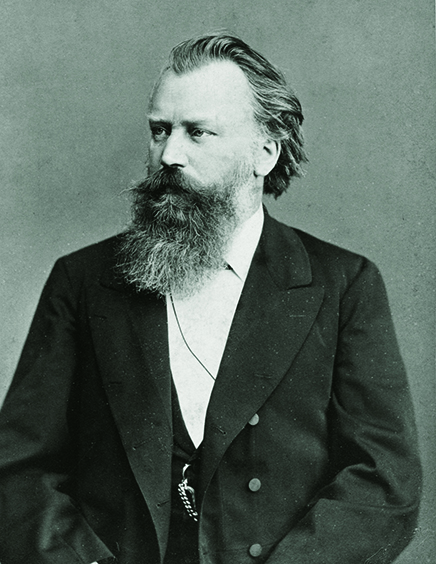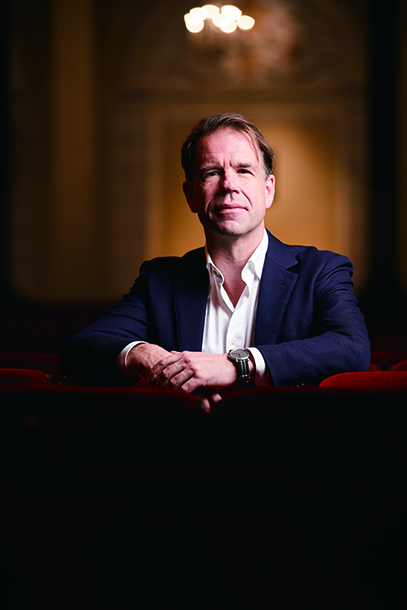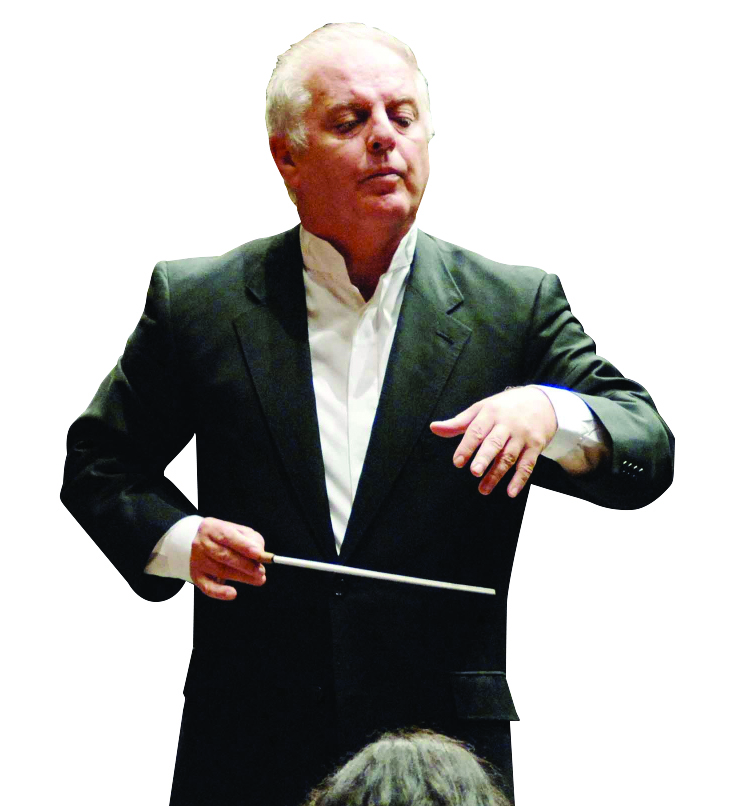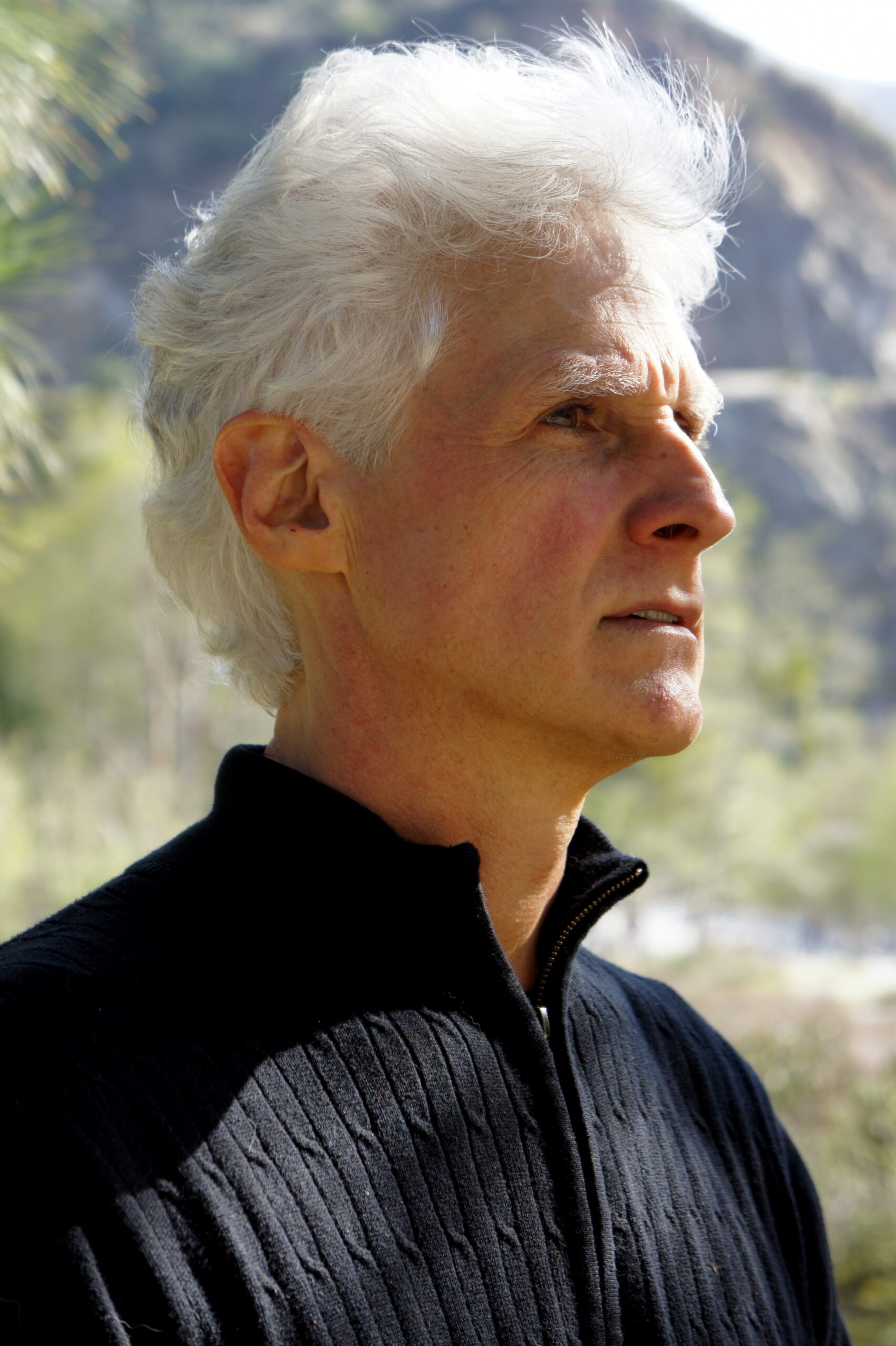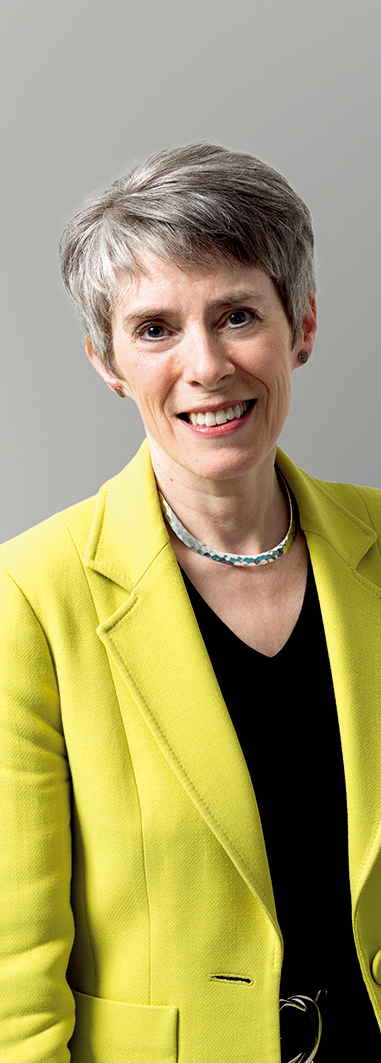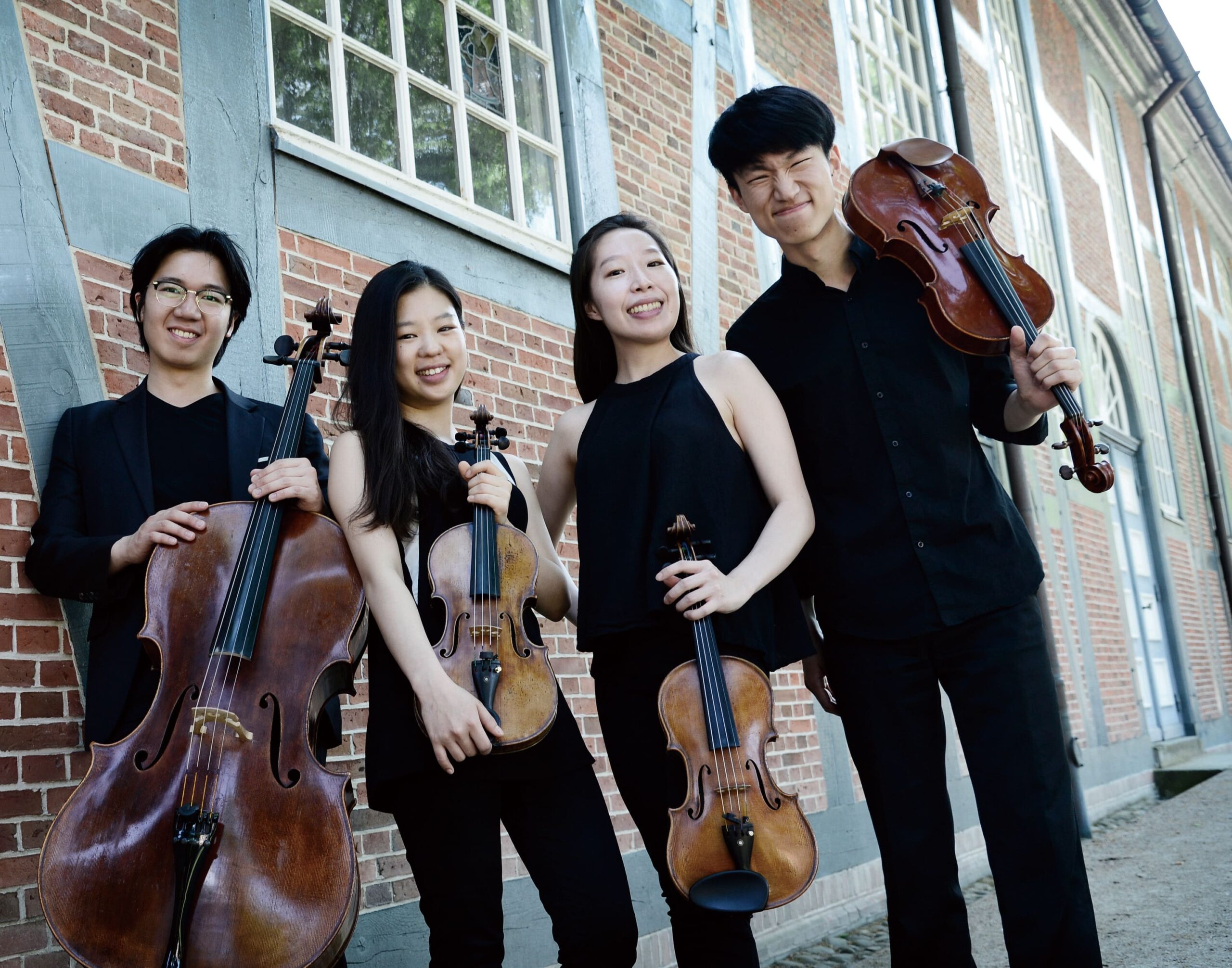훌륭한 예술가이자 형편없는 인간
전반적으로 봤을 때, 작곡가 세르게이 프로코피예프는 썩 좋은 사람은 아니었다. 이기적이고 염세적이며, 약간은 반유대주의자였고, 아내에게 잔혹했으며, 스트라빈스키와 라흐마니노프가 지닌 귀여운 세속함을 갖지 못했음은 물론이요, 자신의 반사회적 행동을 가릴 만한 매력조차 결여되어 있었다.
파리의 이웃들은 밤늦게 피아노를 치는 그를 퇴거시켰다. 바이올리니스트 나탄 밀스타인은 “옷에는 기름이 튀었고 입가에 거품이 고여 있었다”라고 프로코피예프의 식사 예절을 회상했다. 프로코피예프의 사나운 언어는 선의의 팬들마저 돌아서게 했다. 만약 그에게 매력이란 게 있었다면, 필시 그의 헌신적인 아내가 실천한 것이 분명하다.
1918년 11월, 스물일곱 살의 거친 러시아 피아니스트가 선보인 카네기홀 피아노 독주회를 본 스페인 소프라노 카롤리나 코디나(Carolina Codina), 즉 리나 루베라(Lina Llubera, 가수 예명)에 대해서는 지금까지 알려진 바가 거의 없다. 독주회 후 얼마 지나지 않아 리나는 자신이 일하던 은행에서 프로코피예프를 다시 만났다. 리나의 부모님은 물론 프로코피예프가 속한 프로페셔널한 음악세계에 비밀로 하고 이들은 데이트를 시작했다. 여자는 남자의 무례함에 대해 불평했다. 남자는 나아진다고 약속했다. 그녀가 데이트를 취소했을 때, 그는 언제라도 다른 사람을 찾을 수 있다고 했다. 리나는 그런 경고 사인은 무시했다.
음악학계에 알려지지 않았던 리나의 삶은 프린스턴의 사이먼 모리슨 교수가 쓰고 있는 전기의 강력한 주제이다. 이 부부의 기이한 결혼 구조는 앤서니 필립스가 깨끗이 번역하고 편집한 프로코피예프 일기 제3권과 마지막권에서 그 비밀이 벗겨진다.
프로코피예프가 유럽을 오가던 1920년대 초반, 리나는 성악 레슨을 받았고 무대로의 의욕을 불태웠다. 청혼 없이 4년이 지나자, 그녀는 남자를 차버리겠다고 위협한다. 그는 그저 어깨를 으쓱했다. 1923년 5월, 리나가 테아트로 카르카노(Teatro Carcano)에서 리골레토의 질다를 불렀을 때 밀라노에서 그들은 다시 만났다. 리나가 임신하자 그해 10월 둘은 부부가 된다.
이후의 12년은 두 아들이 태어난 파리에서 보냈다. 프로코피예프는 밤늦게까지 밖에서 망명자 친구들과 블리니(러시아식 팬케이크)를 먹었고, 결혼 생활은 불안정해져갔다. “그녀가 잘못을 하면 너무 화가 난다. 잘못을 인식시키는 단 한 가지 방법은 내 행동이 나무랄 데 없다는 사실을 명확히 하는 것이다.” 프로코피예프의 일기는 완고하게 서술했다. 그들이 받아들인 신앙, 크리스천 사이언스만이 서로에게 위안을 주는 수단이었다.
프로코피예프에게서 열광적인 대중을 발견한 두 동포 후원자들이 그의 생계를 책임지고 있었다. 발레 뤼스의 감독인 세르게이 디아길레프는 새로운 작품을 청탁했고, 보스턴 심포니 지휘자였던 세르게이 쿠세비츠키는 그 작품을 연주하고 출판했다. 영민하고 능수능란한 디아길레프는 작곡가의 불안정함을 이용했다. “나는 마치 노아처럼 아들 셋이 있어. 스트라빈스키ㆍ프로코피예프ㆍ두켈시. 세르게이, 용서하게. 자네는 내 둘째 아들이야.”
프로코피예프는 블라디미르 두켈시(버넌 듀크, ‘파리의 4월’ 작곡가)와 함께 스트라빈스키를 향한 음모를 꾀하는가 하면, 한편 스트라빈스키와 작당해 디아길레프의 연인이었던 보리스 코흐노를 음모에 빠뜨리기도 한다. 프로코피예프는 디아길레프의 작은 인정조차 자신의 일기장에 바로 기록됐다. 디아길레프의 말을 인용해 “스트라빈스키는 타이와 양말을 고르는 취향부터가 엉망이다. 그러나 천재성과 엄청난 지능을 지녔다”라고 기록하기도 했다.
리허설에서는 “스트라빈스키가 내 쪽으로 몸을 거칠게 던지고는 장난 삼아 내 목을 꽉 움켜잡았다”라고 전했다. 스트라빈스키의 최신식 신고전 스타일에 대해 “바흐의 얼굴을 천연두에 걸린 듯 일그러뜨렸다”라고 기록했다.
나이가 많고 성공한 망명자 라흐마니노프에겐 더 가혹하게 굴었다. 그의 두 번째 피아노 협주곡은 “참을 수 없는” 것이라고, 세 번째 협주곡은 “메마른 음악의 구덩이”라 불렀다. 라흐마니노프의 크라이슬러 편곡들 가운데 한 작품에 대해서는 “혐오감에 광분케 했으며… 어떻게 감히 쓰레기 같은 음악을 대중에게 당당히 안겨줄 수 있을까”라고 썼다. 무례하지만 틀린 말은 아니다. 라흐마니노프의 도도한 태도는 얕은 음악성으로 곧잘 부정되곤 한다.
프로코피예프의 통렬한 펜을 피해간 작곡가는 거의 없다. 쇼송은 “끈끈하고” 라벨은 “알코올중독자”이며 드뷔시는 “송아지족(으로 만든) 젤리”였다. 다시 한번 강조하지만, 이 잔인한 비유에는 드뷔시의 색깔 없는 반짝임이 묘한 모방이라는 ‘치명적 정확함’이 담겨 있다.
글로리아 스완슨이 할리우드 영화음악 제작과 캘리포니아 생활을 제안했으나 프로코피예프는 거절하고 고향으로 눈을 돌렸다. 망명 중인 여느 작곡가들과 달리, 그는 소비에트 체제에 찬성했다. 적어도 네 번 이상 고향에 방문했고, 1936년에 본국으로 돌아가기로 결정한다. 사적인 측면에서, 이 결정은 특히 리나에게 비극적인 오판이었다. “대공포”의 진원지인 모스크바는 리나에게 생경하고 위협적이었다. 음악원에서의 어느 연주회 날 밤, 리나는 “스탈린의 눈을 주시했는데 모습이 너무 날카로워서” 움찔했다. 그 밤에 이웃들은 자다가 비밀경찰에게 끌려갔다. 몹시 소란스러웠다. 리나가 프로코피예프에게 말했다. “당신에게 어떤 일이 닥칠지, 당신은 모르고 있어요.”
프로코피예프에게는 작곡가들의 모임 중 만난 미라 멘델스존이라는 스물셋의 애인이 생기게 된다. 1941년 3월, 독일침공이 있기 3개월 전, 프로코피예프는 리나와 자식들을 떠났다. 미라와 함께 알마 아타의 안전한 카자흐 지역으로 피신하기 위해, 모스크바의 굶주린 리나를 어지간히 애먹였다. 독일 후퇴 후 집에 돌아와서도 그는 리나를 보기 거부했다. 그의 소비에트 절정기는 교향곡 5번 초연 날이었던 1945년 1월 13일이었다. 3년 후, 두 번째 스탈린 테러가 발병하자 프로코피예프는 형식주의자로 비난받았다.
1948년 2월 20일, 리나는 집에서 세 명의 MGB(구소련 비밀경찰) 요원에게 체포되어 루비얀카 감옥에 끌려가 심문을 당했다. 외국인들과 어울린다는 이유로 고발당한 그녀는 형식적인 재판 후 “위험 범죄자”가 되어 20년간의 시베리아 노동형을 선고받았다. 당시 나이 56세였다.
그녀의 두 아들은 어머니의 구속을 프로코피예프에게 알리기 위해 엄청난 눈 속을 뚫고 걸었다. “내가 무슨 짓을 한 거지.” 프로코피예프는 자신을 유죄로 몰 수 있는 서랍 속의 서구에 관한 자료들을 급히 없애며 중얼거렸다.
프로코피예프는 자신의 소비에트 마법을 가장 영향력 있고 대중적인 작품들인 ‘피터와 늑대’, ‘전쟁과 평화’, 교향곡 5ㆍ6ㆍ7번, 바이올린 협주곡 2번, 마지막 세 개의 피아노 소나타에 담아내고는, 스탈린과 같은 날인 1953년 3월 5일 생을 마감했다.
3년 후 리나는 시베리아에서 풀려났고 그로부터 18년 후에야 러시아를 떠났다. 그녀의 말년은 한 천재를 회상하는 데 헌신됐다. 1985년, 그녀는 ‘피터와 늑대’를 카네기홀에서 낭독했으며, 스코틀랜드에서 녹음했다. 자기중심적이었던 작곡가에 대한 단 한 마디의 불평도 하지 않은 채, 그녀는 런던의 어느 병원에서 1989년 1월 91세를 일기로 생을 마쳤다.
사이먼 모리슨은 그녀의 가족들로부터 얻은 그 생애에 대한 확실한 정보들과 그녀를 인터뷰한 두 학자들이 제공한 공식적인 단편들을 모으는 중이다. 모리슨에 따르면, 리나는 중년여성이 강제수용소에서 살아남기 위해 필요했던 매력과 지략을 겸비한, 신체적으로나 도덕적으로 엄청난 힘을 가진 여성이었다. “그녀는 자신에게 일어난 일들이 사실이라 믿기를 거부했다.” 동료 수용자의 회상이다. 앞으로 이 두 권의 책들이 리나의 진정성을 밝혀낸다면, 프로코피예프의 인간성은 더욱 위태로워질 것이다. 그는 전혀 좋은 사람이 아니었다. 단지 훌륭한 작곡가였다.
번역 이윤희(인디애나 음대 박사)
When a great composer is a lousy human being
The composer Serge Prokofiev was not, on the whole, a very nice man. Selfish, misanthropic, casually anti-semitic and cruel to his wife, he lacked the endearing worldliness of a Stravinsky or a Rachmaninov, the charm to cover up his anti-social conduct. Neighbors in Paris had him evicted for playing piano late at night. The violinist Nathan Milstein recalled his table manners: “fat spattering on his clothes, foam at the corners of his mouth.” His savage tongue deterred well-intentioned fans. If there was an attractive side to Prokofiev, it must have been cherished by his devoted wife.
Little has been known until now of Carolina Codina (Lina Llubera), a Spanish soprano who heard the abrasive Russian, 27 years old, play a piano recital at Carnegie Hall in November 1918. She ran into him soon after at the bank where she worked. They began dating, keeping it secret from Lina’s parents and Prokofiev’s professional circle. She complained of his rudeness. He promised to improve. When she canceled a date, he said he could always find someone else. She ignored the warning signs.
Lina, ignored by musicology, is the subject of a powerful new biography by Simon Morrison, professor of music at Princeton, and the curious anatomy of their marriage is laid bare in a third and final volume of Prokofiev’s diaries, lucidly translated and?edited by Anthony Phillips.
As Prokofiev shuttled back and forth to Europe in the early 1920s, Lina kept up her singing lessons and stage ambitions. After four years without a marriage proposal, she threatened to dump him. Serge shrugged. In May 1923 they met in Milan, where she was singing Gilda in “Rigoletto” at the Teatro Carcano. Lina fell pregnant. They married in October.
The next 12 years were spent in Paris, where two sons were born. Serge stayed out late, eating bliny with emigre pals. Marital relations were brittle. “I was so angry with her because she was in the wrong, but the only way I can impress that on her is by ensuring that my own conduct is above reproach,” Serge stiffly told his diary. Christian Science, a faith they both embraced, brought a measure of mutual comfort.
Prokofiev’s livelihood depended on two compatriot patrons who found him an eager public: Serge Diaghilev, the Ballets Russes ringmaster commissioned new works, and Sergey Koussevitsky, the Boston Symphony conductor, performed and published them. Diaghilev, wily and and manipulative, played on the composer’s insecurity. “Like Noah, I have three sons,” he confided, “Stravinsky, Prokofiev and Dukelsky. You, Serge, will have to forgive me but you are my second son.”
Prokofiev plunged into intrigues, plotting against Stravinsky with Dukelsky (later known as Vernon Duke, tunesmith of “April in Paris”) and with Stravinsky against Diaghilev’s lover, Boris Kochno. Every small sign of Diaghilev’s favour goes straight into his diary. “Stravinsky has no taste at all, beginning with the ties and socks he chooses to wear,’ he quotes Diaghilev as saying, ‘but he has the gifts of a genius and great intelligence.”
At rehearsal, he reports, “Stravinsky hurled himself at me and playfully grasped me by the throat.” Of Stravinsky’s newfangled neo-classical style he writes: “it disfigures Bach’s face like smallpox.”
He is harsher still about Sergei Rachmaninov, the senior and most successful emigre, calling his second piano concerto “unbearable” and his third “a pit of sterile music.” One of Rachmaninov’s Kreisler transcriptions “drove me into such a frenzy of disgust … How dare he affect such an imposing figure with the public and then inflict such rubbish on them!” Impertinent, perhaps, but unerringly true. Rachmaninov’s lofty air was frequently contradicted by musical shallowness.
Few composers escape his withering pen. Chausson is “glutinous,” Ravel “an alcoholic” and Debussy “calf’s-foot jelly.” Again, there is a lethal accuracy to this vicious metaphor, an uncanny intimation of Debussy’s colorless shimmer.
Offered a Hollywood film score by Gloria Swanson and a life in the California sun, he refused and turned his sights back home. Unlike other composers in exile, Prokofiev kept in favor with the Soviet regime. He visited the motherland no fewer than four times and, in 1936, decided to repatriate. In personal terms, and for Lina in particular, this was a catastrophic miscalculation. Lina found Moscow, at the start of the Great Terror, alien and intimidating. One concert night at the Conservatoire, she “locked eyes with Stalin …. (whose) look was so piercing that she flinched.” There were noises in the night as neighbors were dragged from their beds by the secret police. “You don’t know what you’re getting into,” she told Serge.
At a composers’ retreat, Prokofiev took a 23-year-old mistress, Mira Mendelson. In March 1941, three months before the German invasion, he walked out on Lina and the boys. Evacuated with Mira to the Kazakh safety of Alma Ata, he pestered a starving Lina in Moscow for creature comforts. Back home after the German retreat, he refused to see Lina again. The high noon of his Soviet life was the premiere of his fifth symphony, on January 13, 1945. Three years later, was Prokofiev was denounced as a formalist at the onset of the second Stalin terror.
On February 20, 1948, Lina was arrested at home by three MGB officers, driven to the Lubianka jail, interrogated. She was accused of mingling with foreigners and, after a perfunctory trial, as sentenced to 20 years’ hard labor in Siberia as “a dangerous criminal.” She was 56 years old.
Her two sons trudged through thick snow to inform Prokofiev of her arrest. “What have I done?” he muttered, hastily purging his drawers of western material that might incriminate him.
Prokofiev died on March 5, 1953, the same day as Stalin, having written in his Soviet spell his most powerful and popular works: “Peter and the Wolf,” “War and Peace,” the fifth, sixth and seventh symphonies, second violin concerto and the last three piano sonatas. Three more years would pass before Lina was released from Siberia and 18 more before she was allowed to leave Russia. Her final years were marked by devotion to the memory of genius. In 1985, she narrated “Peter and the Wolf” at Carnegie Hall and recorded it in Scotland. She died in a London hospital in January 1989, aged 91, never having uttered a word of disparagement for the self-centered composer to whom she remained, in her mind, to the last, eternally wed.
Simon Morrison has pieced together a compelling account of her life from family and official fragments and from the notes of two scholars who interviewed her. Lina comes over in his narrative as a woman of formidable force, physical and moral, along with all the charm and resourcefulness a middle-aged person needed to survive the Gulag. “She refused to believe that what had happened to her was real,” a fellow-prisoner noted. If Lina’s integrity radiates from these two illuminating books, Prokofiev’s humanity is compromised by comparison. He was not a very nice man, at all. Just a very great composer. NL

